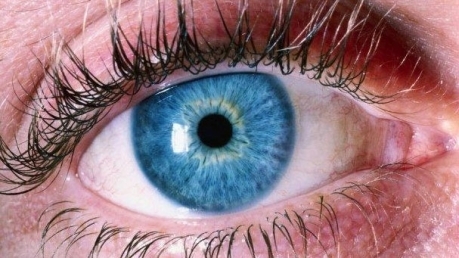In her monthly column, Susan Webb, director of public health for NHS Grampian, offers advice on eye health
Agricultural work can pose risks for eye injury.
Exposure to chemicals, dust or pollen can cause infections, allergic reactions and irritation.
There is also risk of injury from handling livestock, scratches and abrasions from vegetation, and penetrating or cutting injuries from projectiles flung from farm machinery.
Eye injury can damage your sight, affecting your independence and ability to work. By thinking about the risks involved and using personal protective equipment when appropriate, you can reduce the likelihood of injury.
Accidents can happen, so it is important to know what to do.
If you get something in your eye or it has been exposed to chemicals, do not rub or touch your eye. Instead, flush it out with plenty of clean tap water for at least 10 to 15 minutes, removing contact lenses first.
Slant your head so the injured eye is lower than the unaffected eye or, if both eyes are affected, tilt your head back, keeping it level, and repeatedly pour, or aim, a gentle stream of water from a shower across both eyes from the bridge of the nose while holding the affected eye(s) open.
Eye injuries caused by chemical exposure should be seen by an optometrist or other health professional as soon as possible after flushing.
Don’t try to remove objects embedded or stuck in the eye yourself, as this can damage it further. These should only be removed by an eye expert.
If you experience pain, decreased vision, blood in the eye, or an irregular shaped pupil, you should see an optometrist. If you have deep cuts around your eye, go to accident and emergency.
Many eyelid problems are not serious and get better without treatment. Often it is a matter of time, such as a lump that goes away after three or four weeks, or mildly itchy, flaky or sticky eyelids that clear up by themselves.
Swelling from a nearby insect bite will typically go away after a week or so. If things don’t get better within a few weeks, seek help from your optometrist.
Twitching or blinking is often a sign of being over tired and it is normal for eyelids to droop (or get more “hooded”) as you grow older.
NHS Grampian healthline offers advice on 08085 202030.
